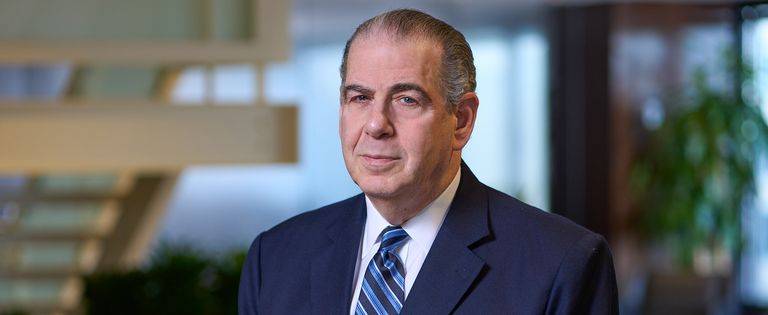Paycheck Protection Program SBA FAQ 31 – What Does the “Necessity” Certification Mean Today?
Legal Alerts
4.24.20
(2)(1)(1).jpg)
In a turn of events, likely in response to the headlines relating to companies and others returning PPP loan proceeds, on April 23, 2020, the Small Business Administration (SBA) and Department of the Treasury updated the Paycheck Protection Program Loans Frequently Asked Questions to include Question 31, which has been seen by many as a change in eligibility.
The CARES Act specifically suspended the SBA 7(a) loan program requirement that borrowers be unable to obtain credit elsewhere. The PPP loan application requires applicants only to make the certification, in good faith, that “[c]urrent economic uncertainty makes this loan request necessary to support the ongoing operations of the Applicant.” In FAQ 31, three weeks after starting to approve loans, the SBA has seemingly gone beyond the Act and the PPP loan application and now specifically requires borrowers to consider their current business activity and their ability to access other sources of liquidity in making this good faith determination. While the FAQ specifically calls out large and public companies, Question 31 should make all applicants pause and evaluate their eligibility.
Here is the full text of Question 31 and its Answer:
31. Question: Do businesses owned by large companies with adequate sources of liquidity to support the business’s ongoing operations qualify for a PPP loan?
Answer: In addition to reviewing applicable affiliation rules to determine eligibility, all borrowers must assess their economic need for a PPP loan under the standard established by the CARES Act and the PPP regulations at the time of the loan application. Although the CARES Act suspends the ordinary requirement that borrowers must be unable to obtain credit elsewhere (as defined in section 3(h) of the Small Business Act), borrowers still must certify in good faith that their PPP loan request is necessary. Specifically, before submitting a PPP application, all borrowers should review carefully the required certification that “[c]urrent economic uncertainty makes this loan request necessary to support the ongoing operations of the Applicant.” Borrowers must make this certification in good faith, taking into account their current business activity and their ability to access other sources of liquidity sufficient to support their ongoing operations in a manner that is not significantly detrimental to the business. For example, it is unlikely that a public company with substantial market value and access to capital markets will be able to make the required certification in good faith, and such a company should be prepared to demonstrate to SBA, upon request, the basis for its certification.
Lenders may rely on a borrower’s certification regarding the necessity of the loan request. Any borrower that applied for a PPP loan prior to the issuance of this guidance and repays the loan in full by May 7, 2020, will be deemed by SBA to have made the required certification in good faith.
Whether you have already received your PPP loan proceeds or are preparing to apply in the second round of funding, it is critical that you carefully review and confirm all certifications in the PPP application, including this one. We recommend that all borrowers retain internal documentation that supports their needs for the funds, including financial projections and restrictions on access to other capital.
If you applied before April 23, 2020, and determine that you are no longer comfortable making this certification, the SBA included a safe harbor for borrowers so long as the PPP loan is repaid, in full, prior to May 7, 2020. If you elect to repay in full, remember to also include accrued interest on the PPP loan amount that has been accruing since receipt of the funds.
If you have any questions, please contact Alexis Schostak (248-203-0598), Thomas Vaughn (313-568-6524), Jonathan Feld (312-627-5680) or your relationship contact at Dykema. We are here to help you and your business navigate this difficult time.



